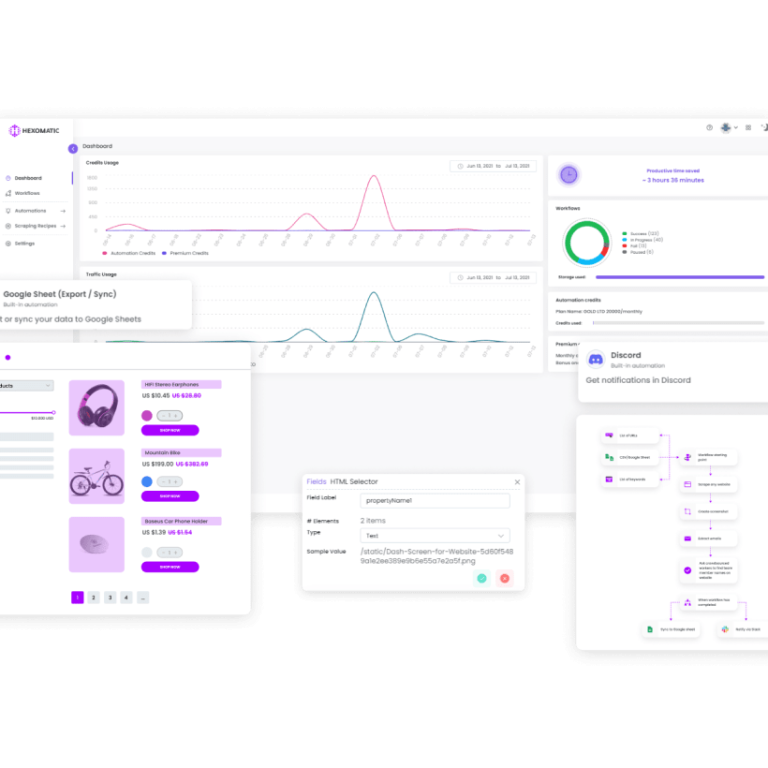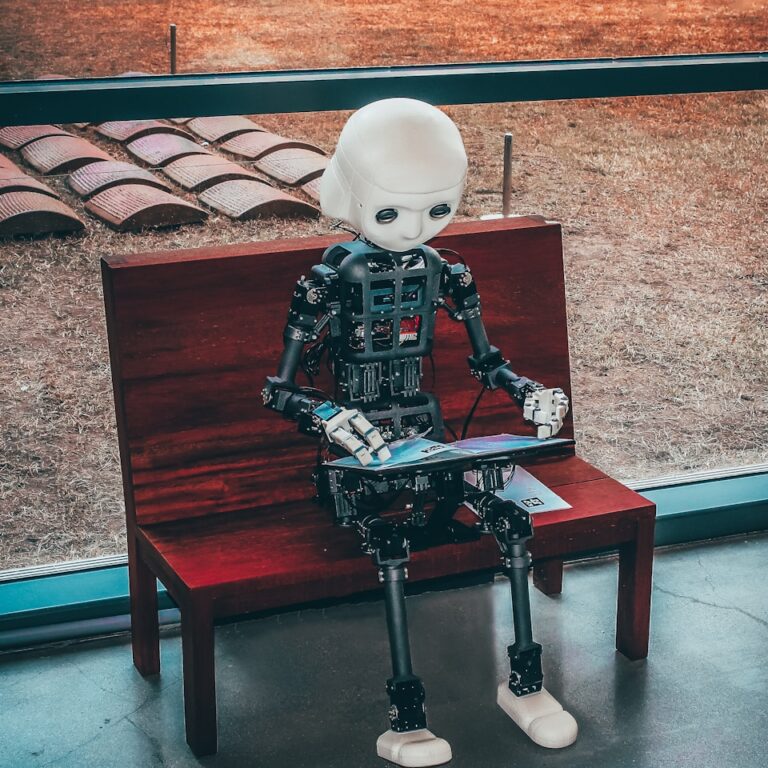
Artificial intelligence (AI) has revolutionized various aspects of our lives, transforming industries and societies in profound ways. Its potential to create positive social change is undeniable, and numerous organizations are now leveraging AI to address pressing social issues. This article delves into the ways AI can be utilized to create social impact, highlighting case studies and strategies that demonstrate its effectiveness.
Innovative Solutions
AI is being used in groundbreaking projects to tackle challenges in healthcare, education, environmental conservation, and more. For instance, AI-driven diagnostics have improved disease detection and personalized treatment plans in healthcare, while personalized learning platforms have enhanced student engagement and comprehension in education. These innovative solutions are making a significant difference in various social sectors.
Policy and Ethics
The ethical use of AI in social projects is crucial to ensure that it contributes positively to society without exacerbating inequalities. Discussions around privacy concerns, bias in AI algorithms, and policy development are essential to address these ethical considerations. Organizations like techUK are actively working on these issues, providing insights and resources for responsible AI development.
Funding and Partnerships
New funding opportunities for AI social impact projects are emerging, including grants, venture capital, and public-private partnerships. Organizations like Microsoft are partnering with startups and social enterprises to support innovative AI solutions for social good. These collaborations are crucial for scaling AI-based initiatives and amplifying their social impact.
Case Studies and Success Stories
Successful AI projects that have made a significant social impact include:
- Access Earth: A free platform that allows users to find and rate places based on their accessibility needs, promoting inclusivity and equal access to public spaces.
- Agrimetrics: An agricultural data analytics company that provides knowledge and decision support to improve crop value chain processes worldwide, enhancing food security and sustainability.
- BetterSpace: An employee wellbeing platform that empowers employees to understand and take control of their own wellbeing, providing tools for improved mental health and productivity.
- Citymaas: A global platform that provides accessibility information before travel, enhancing mobility and independence for individuals with disabilities.
- ev.energy: A platform that manages electric vehicle charging, optimizing for a greener and cheaper charge, contributing to a more sustainable transportation system.
- iDyslexic: A social app for individuals with dyslexia and ADHD, providing secure classrooms and connecting parents, students, teachers, and caseworkers for improved support.
- Immersive Rehab: Engaging digital therapeutics using virtual reality to improve physical and neuro-rehabilitation outcomes.
- ThermaFY: Thermal imaging reporting software that improves people’s lives by analyzing heat patterns, enhancing healthcare and medical research.
- Upstream Health: Providing innovative technologies and new service approaches for health and social care teams, making a positive difference to clinicians, patients, and families.
- WeWalk: The world’s most revolutionary smart cane and app developed for visually impaired mobility, enhancing independence and accessibility.
Emerging Trends
The latest trends in AI technology that could revolutionize social impact projects include advancements in natural language processing, predictive analytics, and computer vision. These emerging technologies are being harnessed for social good, such as:
- AI-Based Surgical Procedures: AI-assisted surgeries are enhancing precision and accuracy, contributing to less invasive procedures and improved patient outcomes.
- Socially Therapeutic Robots: Robots are being designed to enrich the lives of the elderly, addressing various aspects of their health and daily experiences, and providing emotional support.
- Quick Diagnostics: AI is accelerating the diagnostic process, providing doctors with a range of treatment options and enhancing patient care.
- Virtual Presence: Virtual presence technology is transforming remote healthcare, enabling patients to receive diagnoses without leaving their homes.
Strategies for Leveraging AI in Social Impact Initiatives
To harness AI for social impact, organizations can adopt the following strategies:
- Collaborate with Startups and Social Enterprises: Partner with innovative startups and social enterprises to develop and scale AI-based solutions.
- Develop Responsible AI Policies: Establish policies that address ethical concerns, such as privacy and bias, to ensure AI contributes positively to society.
- Invest in AI Education and Training: Provide training and education for professionals to develop AI skills, enhancing their ability to leverage AI for social impact.
- Foster Public-Private Partnerships: Collaborate with government agencies, corporations, and non-profit organizations to develop and implement AI-based solutions.
- Monitor and Evaluate Impact: Continuously monitor and evaluate the social impact of AI-based initiatives, making adjustments as needed to ensure maximum effectiveness.
Conclusion
AI has the potential to create significant positive change in various social sectors. By leveraging AI in innovative ways, organizations can address pressing social issues and create lasting impact. The case studies and strategies outlined in this article demonstrate the effectiveness of AI in creating social change and highlight the importance of responsible AI development and collaboration. As AI continues to evolve, its role in optimizing content creation, audience segmentation, and advertising strategies will become increasingly crucial for marketers aiming to stay ahead in the digital landscape.
Citations:
[1] https://nextbestaction.ai/category/ai-for-sustainability-and-csr/ai-in-social-impact-projects/
[2] https://www.techuk.org/resource/ai-and-society-a-case-study-on-positive-social-change.html
[3] https://socialtechtrust.org/our-portfolio/case-studies/microsoft-ai-for-social-impact/
[4] https://projectevident.org/case-studies/
[5] https://ink.library.smu.edu.sg/cgi/viewcontent.cgi?article=6918&context=sis_research






